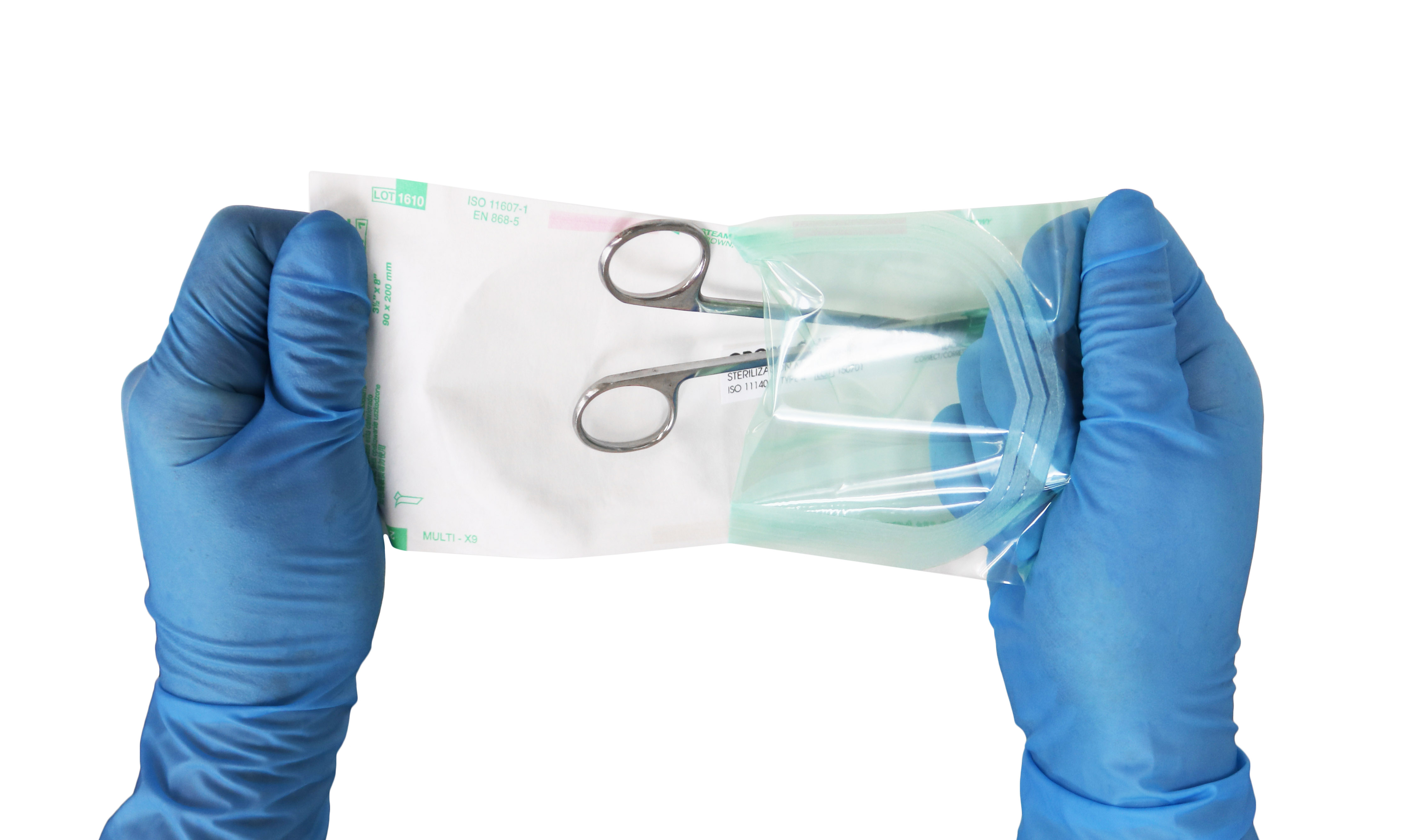WATER QUALITY IS KEY IN WORK AND PLAY – ISSUE NO. 266
July 1, 2014
I was visiting one of my friends this weekend who happens to own a house with a pool. He hosts a BBQ each summer, which is usually a fun event because he has an ideal backyard for entertaining. The previous weekend he took his family up north, forgetting to have someone add chemicals to their pool while they were away. They came back to a surprise of a green pool with the pH level out of balance. It took a little time and effort, but within a week he was able to treat it and have a nice, swimmable pool again in time for his BBQ. He now does his water testing more frequently to avoid future trouble.
Water quality is critical with most uses. During surgical instrument reprocessing, its important to test the water quality because it is key to the performance of chemical cleaning agents. In particular, hard water binds up detergent molecules, preventing them from breaking down the contaminants. Further, these molecules are often a source of staining and pitting of surgical instruments. Enzymes used in enzymatic detergent are highly influenced by the pH level of water. An improper pH level can lead to the partial or complete inactivation of the enzymes relied upon to breakdown the soil on instruments. Total alkalinity measures the amount of alkaline buffers in water. These alkaline substances buffer the water against sudden changes in pH. Total alkalinity is the key to maintaining water balance.
Be sure your department has regular testing in place to be sure you are cleaning instruments with optimal water quality.
HAVE A QUESTION?
WE ARE HERE TO HELP
Have a question about our products? Contact us today to speak directly to a Healthmark team member or shop our catalog now to request a inquiry


